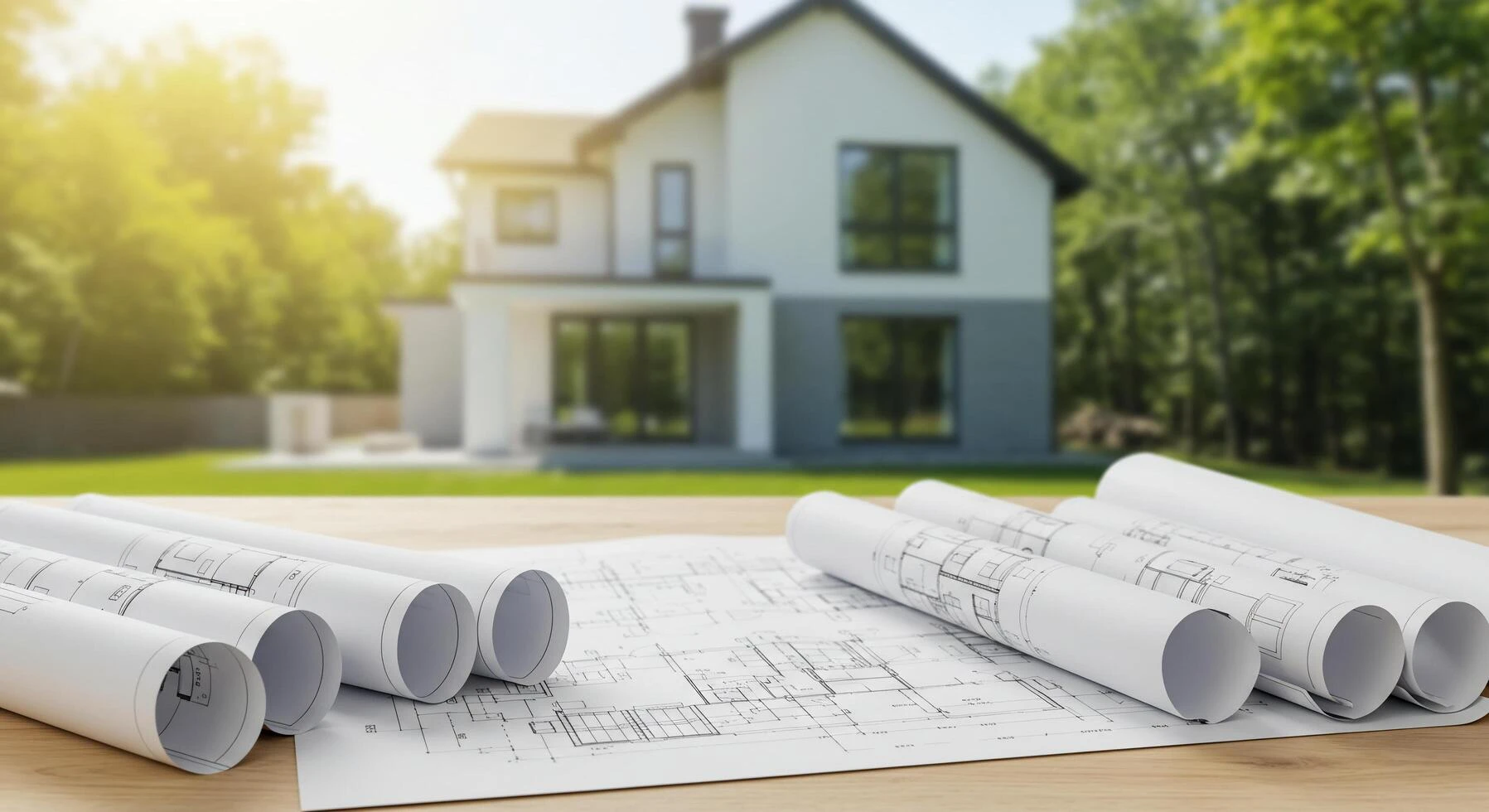How Engineering Firms Influence Real Estate Development and Urban Housing

More than just buildings popping up out of the ground, real estate development is a multidisciplinary effort involving engineering, architecture, finance, and urban planning. Even though they frequently operate in the background, engineering firms have a significant impact on how cities are built and function, affecting everything from housing availability to land use.
In growing cities like Nashville, where population booms place pressure on infrastructure and housing supply, engineering firms in Nashville play a particularly crucial role. They ensure that developments scale responsibly, with respect for both existing communities and future demands.
The Fundamental Function of Engineering in Property Development
In the meantime, engineering teams are working diligently before the first shovel touches the ground. The feasibility and long-term viability of a site are assessed by a team of civil engineers, environmental specialists, geotechnical experts, and structural engineers. Their assessments determine:
- Land stability and soil conditions
- Planning for drainage and utility access
- Stormwater management and floodplain analysis
- Access to transit and zoning compliance
For developers and local authorities to make well-informed decisions, these inputs are crucial. For example, a seemingly perfect piece of land might not be suitable for development because of environmental risks or subsurface problems, which are factors that engineering assessments identify early on.
Engineering Companies as Partners in Strategic Development
Data-driven design is essential to modern real estate development, and engineering firms are frequently at the forefront of this movement. These experts serve as strategic advisors who assist in coordinating private development interests with public infrastructure requirements, going beyond computations and compliance.
They oversee construction phasing, plan water and sewer lines, evaluate energy efficiency, and design roads. Their opinions have a direct impact on the number of units that can be constructed, their layout, and their livability in residential and mixed-use projects. Access, safety, and community integration can all be enhanced by a well-executed engineering plan, which can also increase project profitability.
Keeping Density and Livability in Check
Demands for housing in cities frequently result in higher residential densities, particularly in central neighborhoods. This promotes accessibility and public transportation, but it also brings up issues with stormwater runoff, utility capacity, and traffic flow.
Engineering companies intervene with creative fixes like:
- Permeable pavements and green infrastructure to manage runoff
- Smart traffic modeling to optimize road networks
- Modular utility systems that adapt to phased developments
- Sustainable grading and site planning to preserve green space
By using these techniques, developers can construct more apartments on smaller lots without sacrificing livability or safety. In addition to providing more housing, the objective is to do so in a way that fosters thriving, cohesive communities.
Influence on Policy and Affordable Housing
By collaborating closely with local governments on affordable housing projects, engineers have an impact on urban housing as well. Their technical know-how provides:
- Infrastructure subsidies for reasonably priced projects
- Public hearings and rezoning applications
- adherence to environmental, stormwater, and accessibility regulations
- Partnerships between the public and private sectors that propel extensive development
For instance, engineering assessments are required to make sure that developments meet all municipal requirements when a city offers tax incentives or density bonuses for affordable housing. These companies act as the technical link between construction and policy.
Sustainability and Preparing the Built Environment for the Future
The way cities are constructed is changing due to environmental regulations, rising utility costs, and climate change. When it comes to modifying infrastructure to address these changing challenges, engineering firms take the lead. Their efforts have an impact on:
- Site design that uses less energy (e.g., solar alignment, wind flow)
- Using sophisticated drainage and grading techniques to increase flood resilience
- decreased carbon footprints through the use of effective systems and recycled materials
- Infrastructure for charging electric vehicles in residential complexes
Developers are looking to engineers for the technical solutions required to meet the ambitious sustainability goals set by more and more municipalities.
An example would be the urban growth of Nashville
Nashville is a prime example of the intersection of development and engineering. Nashville, a once-mid-sized Southern city, is now a rapidly expanding metro area with a rapidly rising demand for housing. The preservation of historic neighborhoods, modernization of deteriorating infrastructure, and the yearly influx of thousands of new residents pose special challenges as a result of this growth.
Local engineers have played a key role in helping city leaders create long-term infrastructure plans, integrating new housing into flood-prone areas with resilient design, and directing development around transit corridors. From drainage underneath to energy efficiency above, Nashville's engineering firms continue to influence the city's skyline and citizens' daily lives.
Conclusion
Engineering firms are crucial architects of contemporary urban life, not merely support teams in real estate development. Their impact on infrastructure, sustainability, housing layout, and land planning guarantees that real estate development is both practical and progressive.
The knowledge of engineering experts is essential to responsible development in cities that are expanding quickly. They assist in building homes, neighborhoods, and entire districts that are constructed to last—not just structurally, but also socially and environmentally—by collaborating with architects, planners, developers, and legislators.
Engineering companies continue to be crucial to how and where we live, whether it's controlling stormwater systems for a new subdivision or assisting in the development of a downtown skyline.
Published 9/28/25